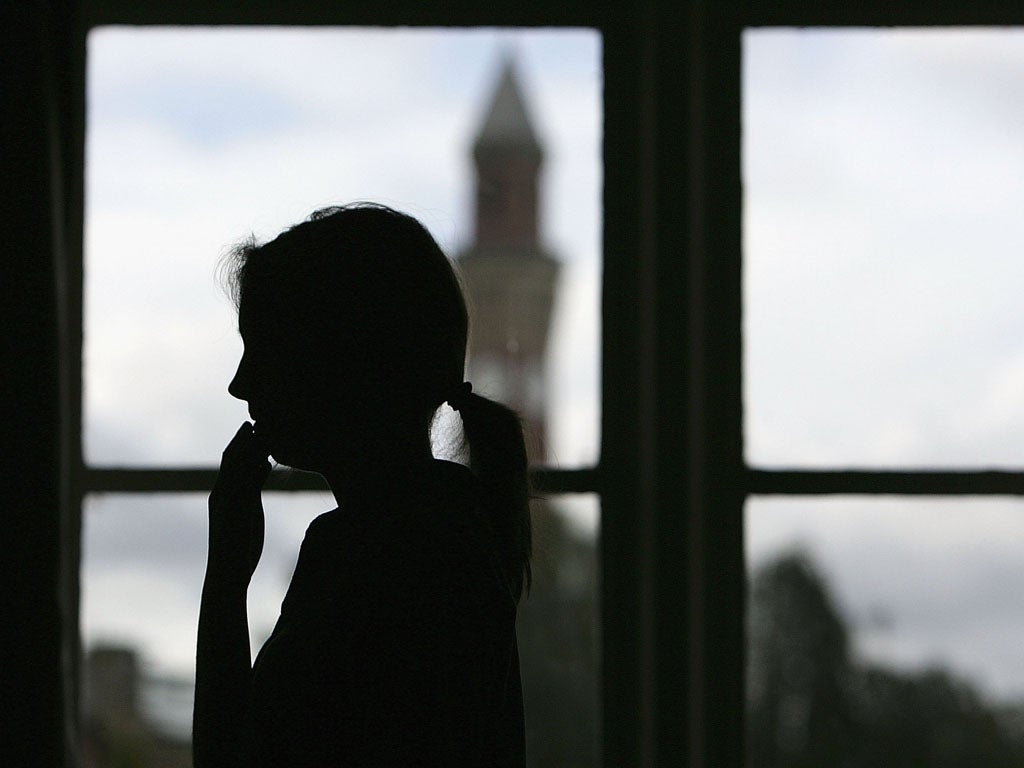Rochdale: Schools need to act in order to thwart sex gangs
As nine men were jailed last week for grooming and raping dozens of girls, it's vital we ask why alarm bells weren't ringing sooner.


Child sex abuse, it seems, is widespread in the UK. And it isn’t just girls trafficked in from abroad either – horrifying as that is. Children under the age of 16 who have lived all their lives in the UK are being abused in their own communities.
Nine men who systematically raped dozens of girls for many years in Rochdale were jailed in May – and a damning report by the Rochdale Borough Safeguarding Children Board last week found that those children had been let down by just about everyone who should have been protecting them. Last week also saw eight men jailed in Derby for abusing young girls and a nationwide four-man paedophile gang imprisoned by Reading Crown Court.
And these men are not – contrary to what Jack Straw former Home Secretary and MP for Blackburn and Darwen, seems to believe - all Asian. 95 per cent of the people on Greater Manchester Police’s sex offender’s register (which includes Rochdale) are white. There is nothing marginal about this hideous problem and it certainly can’t be categorised as a racial or cultural matter.
A few thoughts. Children under 16 are supposed to be in school. Most schools these days have some sort of staff presence at their exit points to see who is picking the children up. Girls who have been plied with drink and coerced into having sex with a number of men are unlikely to be lively, pliant class members the next day. They will almost certainly be withdrawn, stroppy, sleepy or otherwise troubled.
It is grossly unreasonable to expect schools – as some media commentators sometimes seem to believe – to be responsible for every social ill. Teachers have a job to do and they are not social workers. But, like it or not, they are in the front line. They see these young people routinely every day – or if they don’t then it sets a different sort of alarm bell ringing. Teachers know their pupils and are very well placed to spot changes in behaviour, attitude or demeanour.
Isn’t it therefore time teachers were much more systematically trained (and supported) in how to deal with these issues if they suspect them?
When I was Head of Upper School in a challenging comprehensive school I – and the team I led – had strong police contacts as well as knowing individual social workers. Had we had the slightest worry that one of our pupils was being exploited for sex by an individual or group I would have shared my worry – off the record in the first instance probably – with our friendly local WPC as a matter of urgency. She would undoubtedly have told me to report it officially and then the ball would be rolling firmly in the right direction. And it would have happened quickly without Social Services spending months bureaucratically mulling it over and procrastinating.
The other way in which schools and teachers could help would be by empowering the children. That means carefully and openly educating pupils – and their parents perhaps - about these gangs so that young girls are alert and better placed to spot the danger. Most schools go to a lot of trouble to warn children about drugs, smoking – even road accidents. So why not sex gangs?
It should be a major topic in personal, social and health education (PSHE) in the early years of the secondary school – with police coming in to talk, fairly graphically, to pupils about the dangers just as they do about road safety. I’d also discuss all three of the cases mentioned above in class and get the students to discuss who should have done what – perhaps with role play, drama and anything else which helps to alert them. I’d steer them towards awareness-raising fiction such as Bernard Ashley’s Smokescreen (2006), Patricia McCormick’s Sold (2006) and Melvyn Burgess’s Junk (1996) and then talk through the issues raised by their reading.
Of course enlightened schools are already doing all of this and more. In the light of those three cases, it is something every school in the country should be doing.
Join our commenting forum
Join thought-provoking conversations, follow other Independent readers and see their replies
Comments
Bookmark popover
Removed from bookmarks